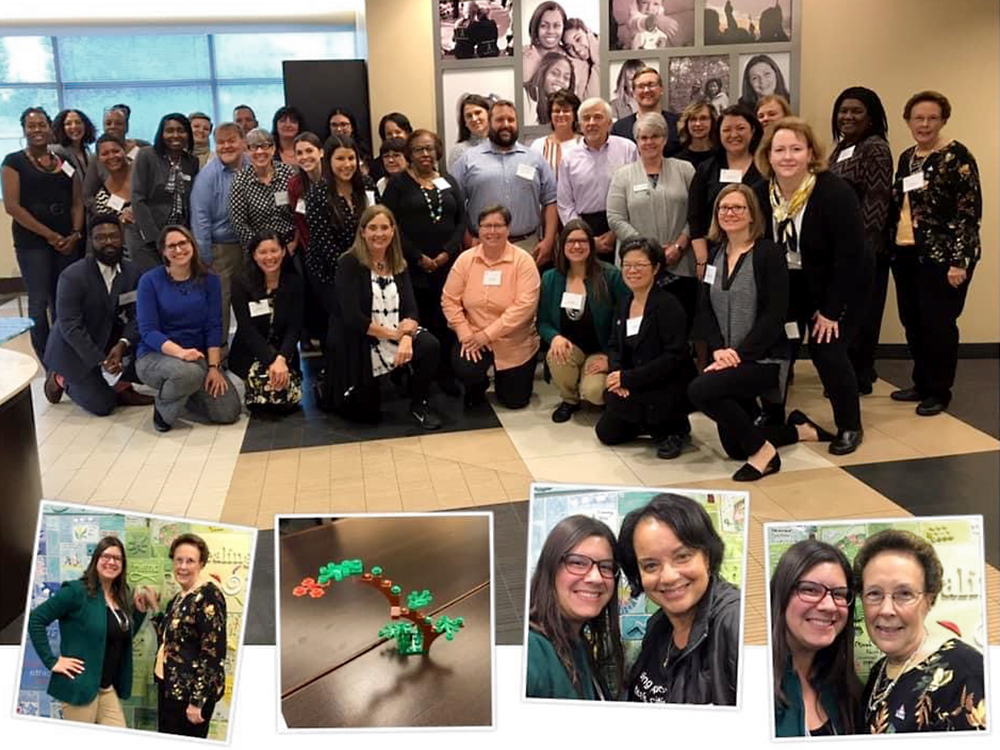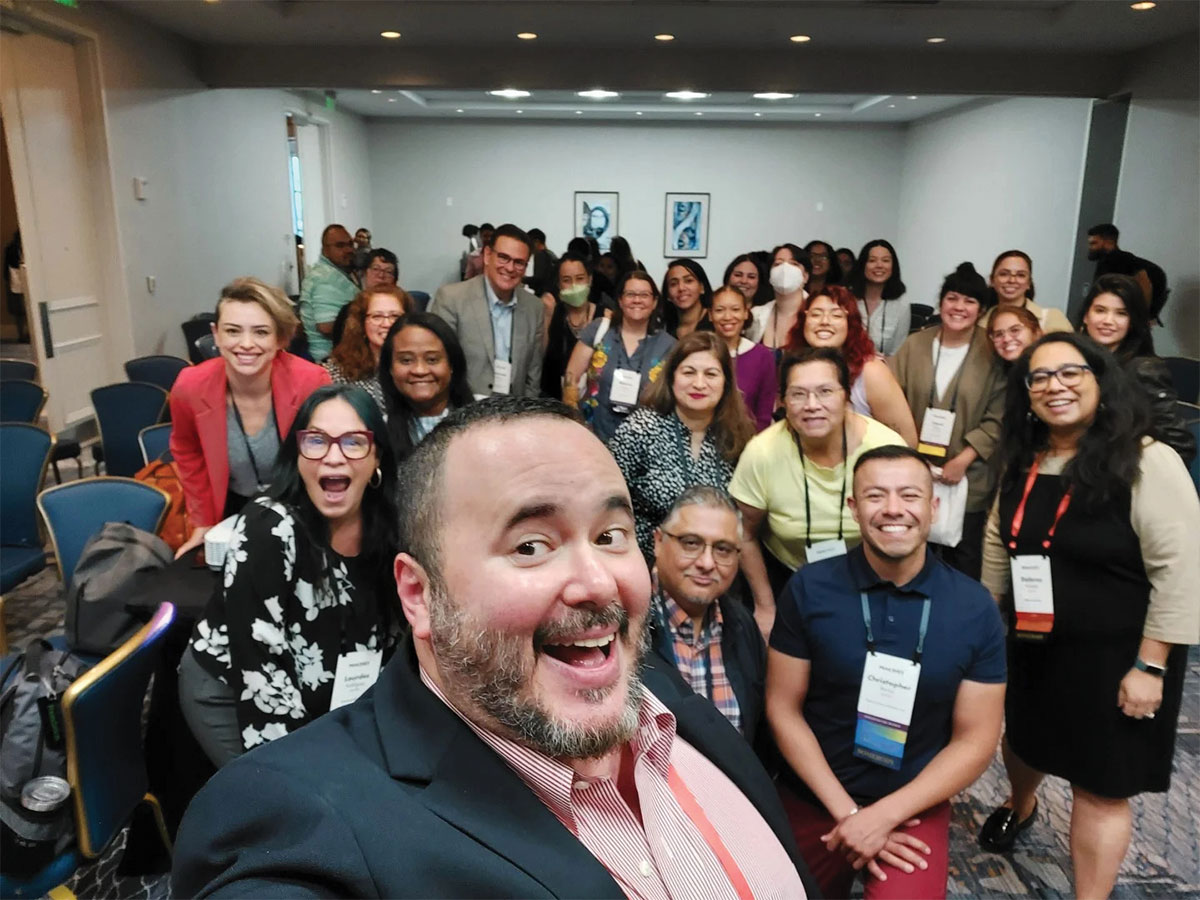
Grants managers are the backbones and the hearts of philanthropic organizations, as they touch each and every function inside the organization—from operations to programs, strategy, finance, information technology, compliance. They are also typically the first points of contact grantees have with funders and they have more consistent relationships with grantees. As the field of philanthropy evolves, grants management professionals have been instrumental in driving and influencing more equitable, effective, and efficient grantmaking practices.
And yet, current compensation practices don’t reflect the expanding value of the role, as PEAK Grantmaking’s 2020 Grants Management Salary Report demonstrates. What’s more, the data show inequity within pay bands among people based on components of personal identity. There are also concerning trends across job bands.
PEAK’s salary data encompasses a broader range of grants professionals and other philanthropic positions within our network. For this article, we also looked at the Council on Foundations Grantmakers Salary and Benefits Reports from 2020 and previous years to provide additional context on broader compensation trends in the sector.
Today’s grants management professionals increasingly have built on the foundation of administrative competencies to encompass skills such as data analysis, relationship building and maintenance, troubleshooting, process specialization, and quality control functions. This expansion of needed competencies has positioned them as integral to achieving organizational success and impact, particularly around strategy and operations. Yet, although their role has shifted significantly, grants management professionals have not received a sector-wide reevaluation to compensate for the added value they bring.
Here are our key findings.
Average pay is up—for some more than others
According to data from PEAK and the Council on Foundations, philanthropic executives’ salaries have increased at a more substantial rate compared to grants management professionals and program officers.

Program staff earn more than grants and operation staff
All types of funding organizations have prioritized their programmatic wings over operations via salary distribution. Across different grantmaker types, program officers are, on average, paid more than grants managers. This difference is even more stark in private and family foundations.

Pay disparities emerge along lines of personal identity
Although the field is predominantly staffed by women, the data show a significant gender pay gap, with men making roughly 7 percent more than their female peers. Those who identify as gay, lesbian, or bisexual make, on average, $4,000 less than those who identify as heterosexual.

Racial and ethnic disparities are evident in salaries, especially across job bands
On average, the differences in reported salary across job bands and among races were not as pronounced as the differences between men and women; however, people who identify as Hispanic, Latino, Latina, or Latinx see the widest pay gap, making nearly $7,000 less than their white peers.
For those in executive positions, the average annual salary is $120,095. However, 84 percent of those executive-level roles are held by white, Caucasian, or European professionals, while only 3 percent of those roles are held by professionals who identify as Black, African American, or African.
In the supervisory and management job band, which includes directors of grants management, program officers, and directors of evaluation and measurement, the average salary is $98,686. In this job band, 69 percent are white, Caucasian, or European, and 9 percent identify as Black, African American, or African.

Drive equity from within
PEAK’s Drive Equity Principle urges grantmaking professionals to consider how to bring diverse voices into grantmaking decisions. Despite the progress the field is making in prioritizing diversity, equity, and inclusion as a key component of grantmaking strategy and practice, these data indicate that equity is lacking inside philanthropic organizations. Funders dedicated to driving equity should recognize the value and contributions of grants management staff by providing them with equal opportunities to advance into roles of increasing decision-making authority and compensating them accordingly.
Dig deeper and download the 2020 Grants Management Salary Report.



